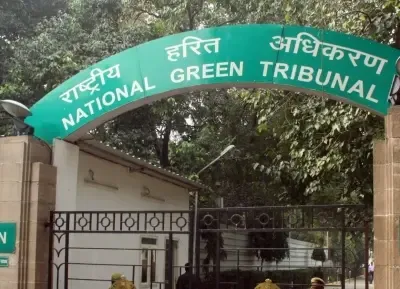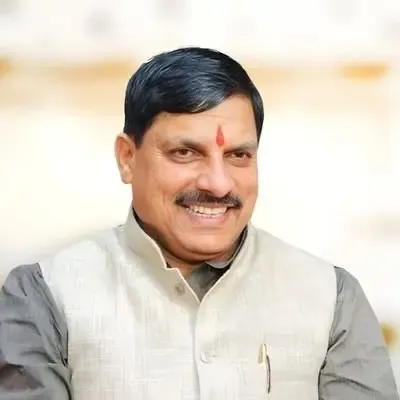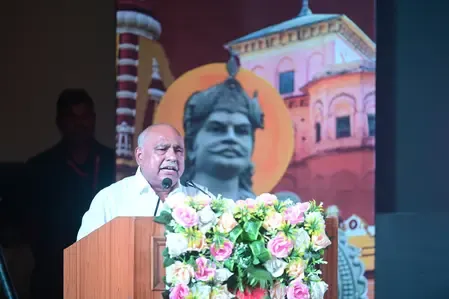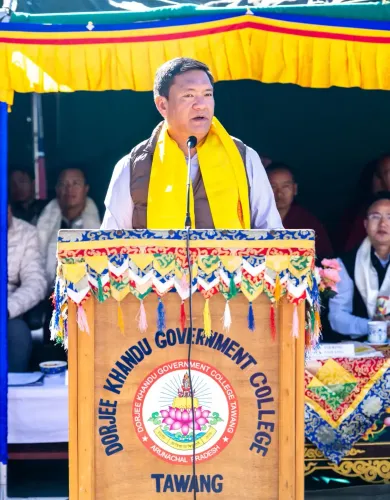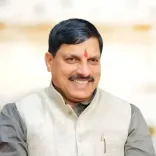Is India Advocating for Fair Climate Action at CoP30 in Brazil?
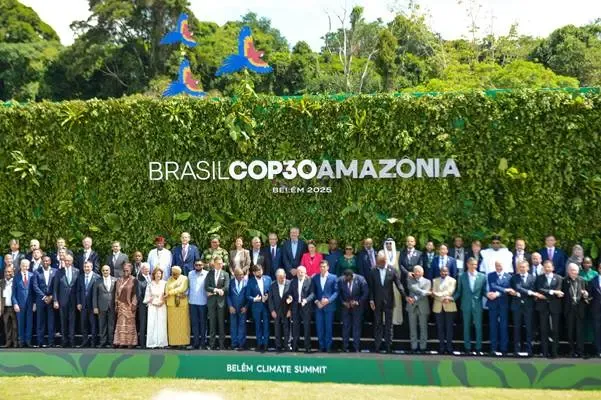
Synopsis
Key Takeaways
- India is committed to climate action based on equity and CBDR-RC principles.
- Significant reduction of emission intensity by 36% from 2005 to 2020.
- Non-fossil fuel sources make up over 50% of installed capacity.
- India is now the third-largest producer of renewable energy globally.
- Urgent calls for affordable financing and technology access for developing countries.
New Delhi, Nov 8 (NationPress) Indian Ambassador to Brazil Dinesh Bhatia reaffirmed the nation's dedication to climate action grounded in equity, national circumstances, and the principles of Common but Differentiated Responsibilities and Respective Capabilities (CBDR-RC) during the Leaders’ Summit of CoP30, an official announced on Saturday.
In his address, Bhatia emphasized that this occasion serves as a moment to evaluate the global response to the pressing issue of global warming.
He underscored India’s commitment to a low-carbon development trajectory under the guidance of Prime Minister Narendra Modi, noting that from 2005 to 2020, India successfully reduced the emission intensity of its GDP by 36 percent, a trend that continues.
Currently, non-fossil fuel sources represent more than 50 percent of India's installed capacity, enabling the country to meet its revised Nationally Determined Contributions (NDCs) five years ahead of the deadline.
Bhatia also pointed out that this event offers a chance to honor the legacy of the Rio Summit, which established the principles of Equity and CBDR-RC, setting the groundwork for the international climate framework, including the Paris Agreement.
While presenting India’s statement, he highlighted the country’s efforts to expand forest and tree cover, creating an additional carbon sink of 2.29 billion tonnes of CO2 equivalent between 2005 and 2021.
The statement further noted India's rise as the third-largest producer of renewable energy globally, with nearly 200 GW of installed capacity.
Additionally, global initiatives like the International Solar Alliance now bring together over 120 nations to support affordable solar energy and South-South cooperation.
India emphasized that after a decade since the Paris Agreement, the NDCs from many nations fall short of expectations; while developing countries are taking significant climate actions, the global ambition remains lacking.
The statement stressed that, in light of the swift depletion of the remaining carbon budget, developed nations must hasten their emission reductions and provide the promised, adequate, and predictable support.
It was highlighted that affordable finance, access to technology, and capacity-building are crucial for achieving ambitious climate goals in developing nations. Equitable, predictable, and concessional climate finance is essential for fulfilling global climate objectives.
India expressed its readiness to collaborate with other countries to implement solutions and transition toward sustainability in a manner that is ambitious, inclusive, fair, and equitable, adhering to the principles of CBDR-RC and national circumstances.
Reiterating its commitment to multilateralism and the preservation of the architecture of the Paris Agreement, India urged all nations to ensure that the upcoming decade of climate action emphasizes not only targets but also implementation, resilience, and shared responsibility founded on mutual trust and fairness.
The 30th Conference of the Parties (CoP30) to the UN Framework Convention on Climate Change (UNFCCC) will be held in Belem, Brazil, from November 10 to 21.
India expressed gratitude to Brazil for hosting CoP30 on the 10th anniversary of the Paris Agreement and recalled the 33-year legacy of the Rio Summit.

